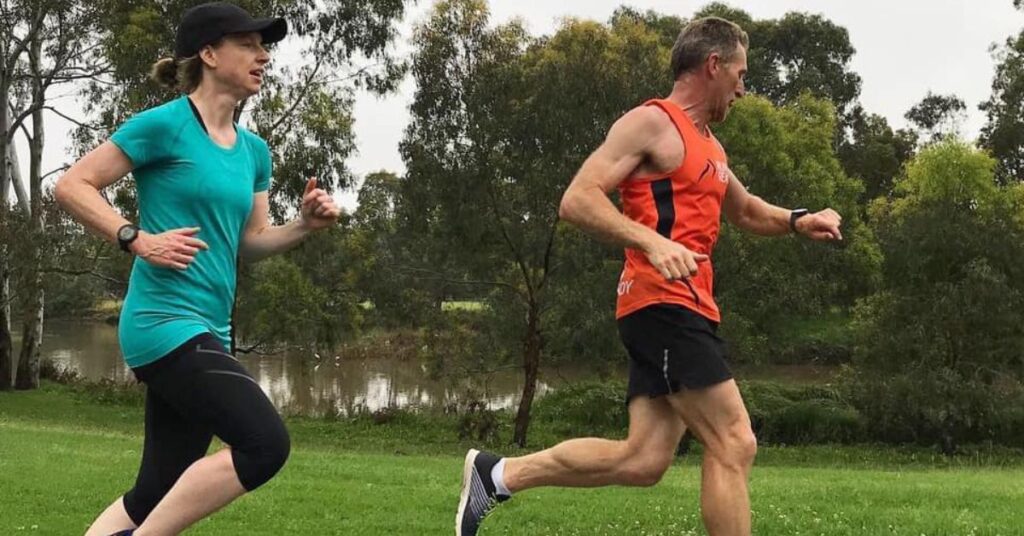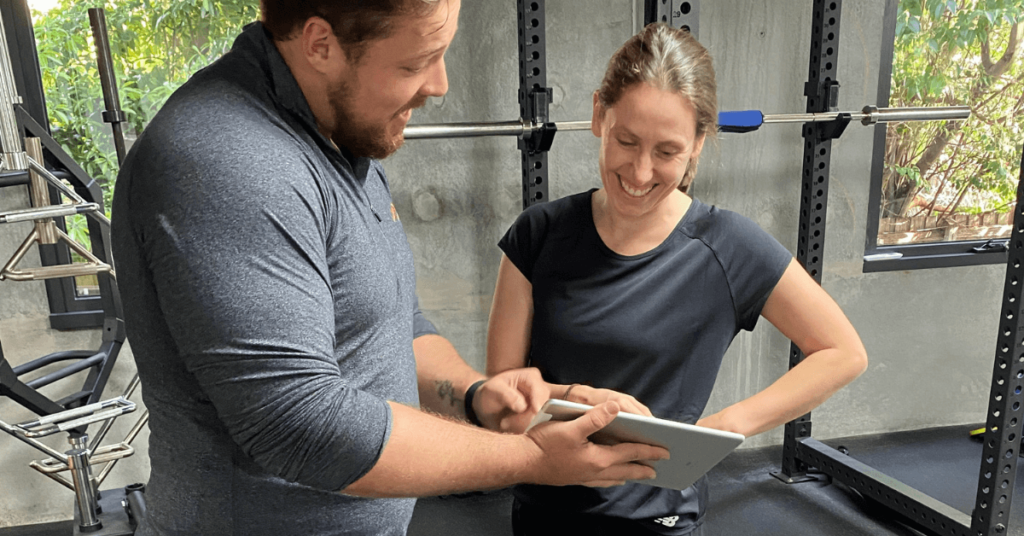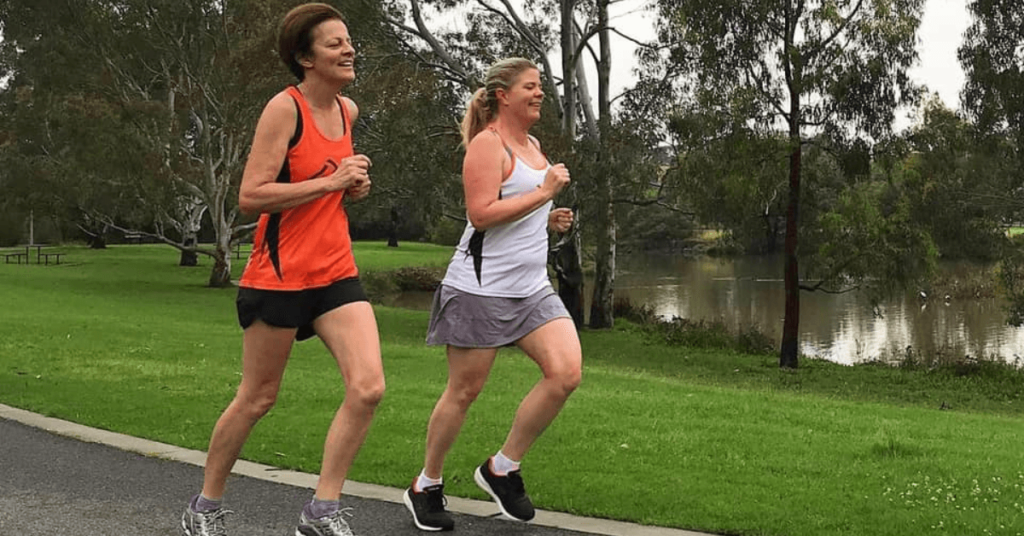How to Train for a Marathon with a Running Coach
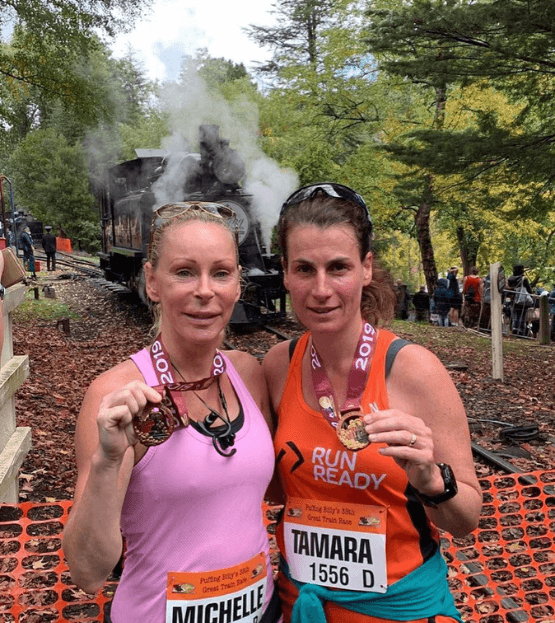
Are you looking to take on a new challenge by running your first marathon? If the answer is yes, we can help you! Running your first marathon can be scary, especially if you don’t have running experience. A run coach has years of running experience and run coaching skills to make sure you cross the finish line injury-free!
What is marathon training?
From the term itself, marathon training refers to the progressive training program conducted by professional and qualified run coaches with the goal of crossing the finish line on race day. Marathon training can be done by first-timers, running enthusiasts, and professional runners.
How long do you need to train for a marathon?
Generally, marathon training should ideally be started at least 4 to 5 months before your targeted race day. A 16 to 20-week marathon training program allows a running coach near me to build up the runner’s endurance, strengthen their muscles, and learn the right running techniques and forms to ensure an injury-free run on race day itself.
What are the key elements of marathon training?
Running a marathon requires a different set of skills versus other sports. You must be on your feet from start to finish and be mentally prepared to overcome challenges from each kilometre. Before beginning to train for a marathon, knowing the most important components of marathon training can be beneficial for you.
- Long-distance runs
- Base mileage
- Speed work
- Strength training
- Rest and recovery
How often should I run?
Training for a marathon can be daunting for beginners, but you’re in for a surprise! Your body can and will adapt to your training progression, allowing you to finish the marathon at a good pace and time. Marathon training requires runners to train several times a week, but the weekly frequency of training will depend on your current running level, your body’s fitness level, and your marathon goal. You can expect most marathon training programs and running coaches to require you to run 4 to 5 times a week with a day dedicated to cross-training or strength training.
How can a run coach help me train for a marathon?
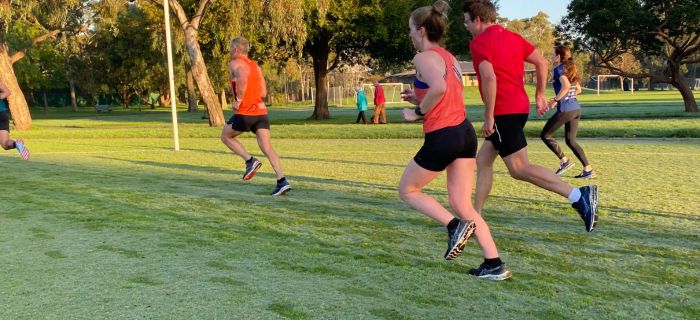
According to the Clearing House for Sport, running/athletics take the number four spot in the top 20 sports and physical activities in Australia.
A running coach is an individual who can push you to your limits. Whether it’s running your first marathon, training for a running competition, or wanting to beat your personal time, hiring a run coach is the right choice to make if you want to achieve your goal without risking injury. So, how does an expert run coach help you train for a marathon?
A run coach has the experience and knowledge
Because run coaches have the qualifications, years of experience, and knowledge, you know you’re in good hands. A run coach can assess your current running skills, identify areas to improve, and create a marathon training program that matches your skills and goals.
A run coach can help you choose your first marathon
As said earlier, running coaches are fully equipped with the data and skills to help you cross the finish line. We can talk with you about your running background and figure out what kind of marathon you should run and where to begin. Run coaches normally recommend you start small and work on the basic skills before taking on long runs like the half-marathon.
A run coach can teach you about the four principles of marathon training
As they say, knowledge is power. Knowing the basics mean that you can focus your energy on what’s important. The four major components of a marathon training program include base mileage, the long run, speed work, and rest and recovery. Building your running endurance and strength lets your body adapt faster so that you can run longer distances with ease. This doesn’t mean that recovery should take the back seat. Rest is also important so your body can recover properly and function more efficiently. Marathon coaches take all these components into consideration when creating a marathon training program for you.
A run coach reminds you of the importance of hydration and nutrition
When it comes to running long distances, hydration, and nutrition come hand in hand. A run coach will remind you to hydrate, hydrate, and hydrate before, during, and after your runs. Bring a water bottle or a hydration pack with you during training, or prepare water bottles at designated stops in advance. Aside from hydration, what you fuel your body with is equally important. A run coach knows the best foods to eat while training and during recovery periods.
Yes, nutrition definitely plays a big role in your marathon training! Food translates to fuel. This fuel is what you need to push your body to perform to its optimal level. Incorporating a healthy diet into your training ensures that your body will be ready on race day.
Congratulations, you’ve successfully run your first marathon! Now, what? Running a marathon can put a strain on your physical and mental health. This is why recovery is also as important as training before running one. What should you do after running a marathon? Doing nothing isn’t the answer! Here are a few tips to help you recover after a long run:
- Rehydrate and refuel
- Rest from running (in the meantime!)
- Hire a sports physiotherapist to help you unwind those muscles, joints, and ligaments
- Rest (but it doesn’t mean you should glue yourself to your couch!)
- Do low-impact strength training and workouts
- Get ample sleep
Marathons can come in different forms and lengths. Typically, a full marathon covers a distance of 42.2 kilometres, but marathons can range from 5km, 10km, 21km (half-marathons), or even more than 42 km (ultra-marathon)!


